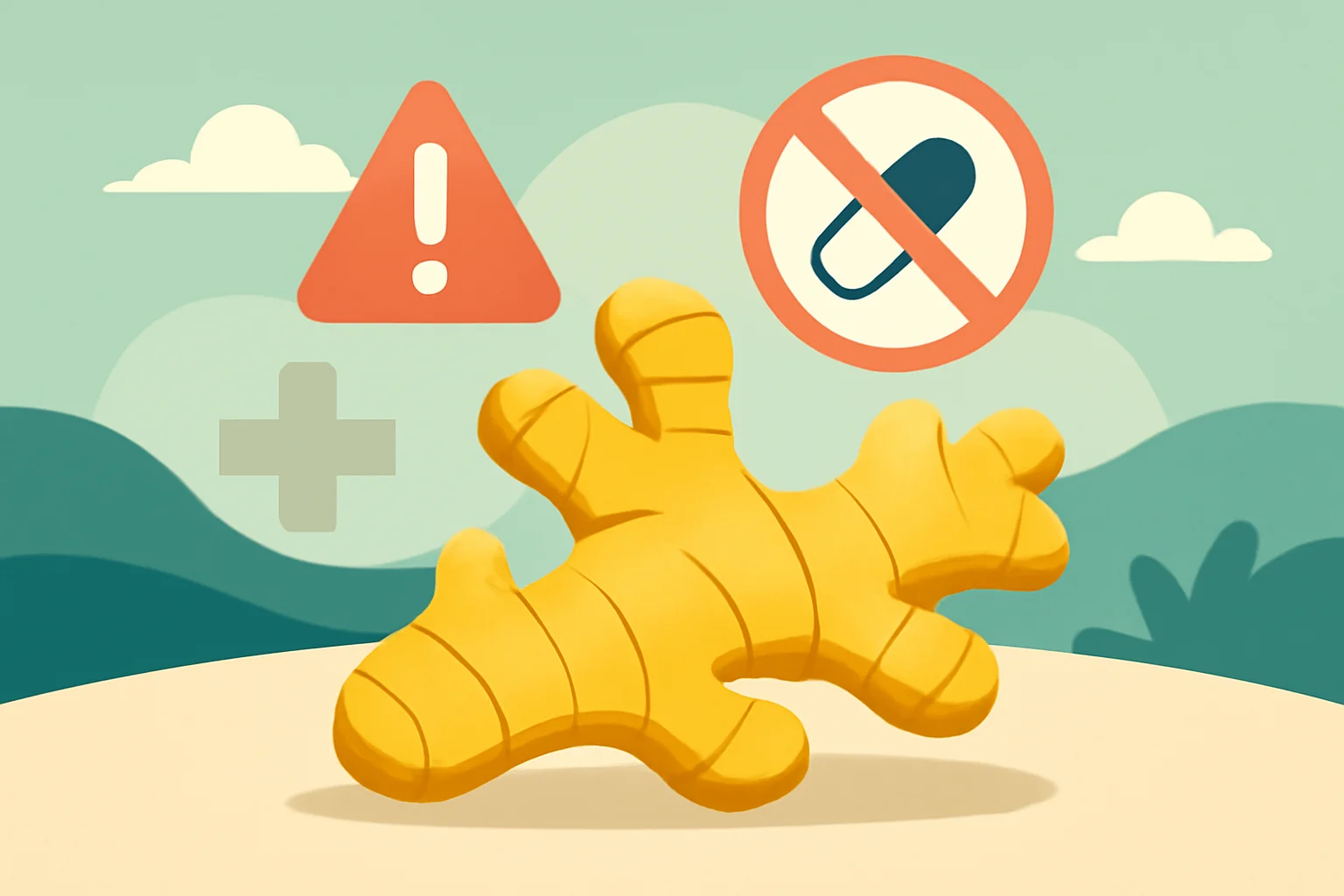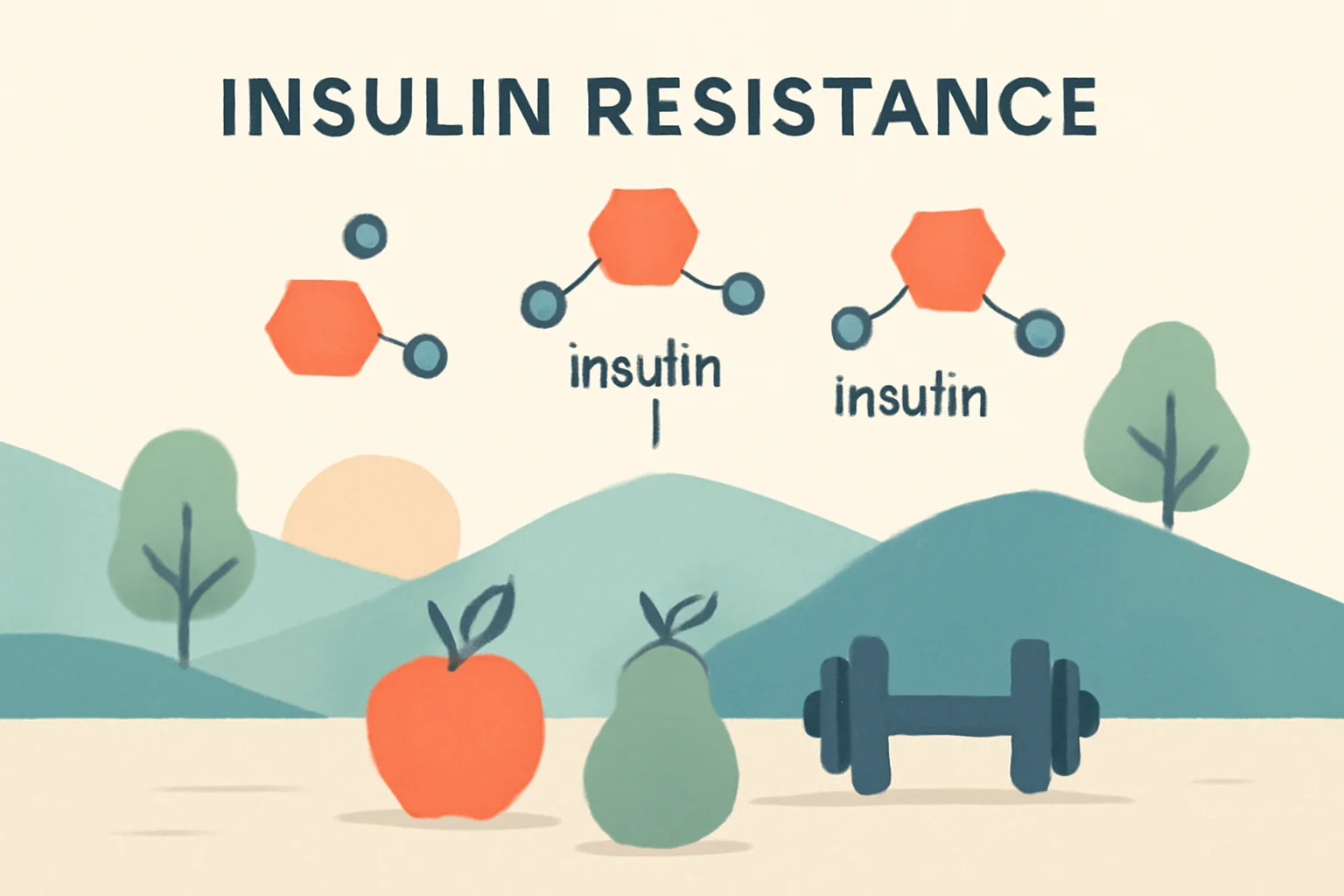
Who Should Not Consume Ginger? Warnings and Contraindications
The ginger, as a spice and herb, has long been a popular choice worldwide. In addition to its taste and aroma, it is also known for its numerous health benefits. However, ginger consumption is not ideal for everyone. Many individuals may have health issues or specific circumstances that make the use of ginger inadvisable. It is worth considering that the strong active ingredients and anti-inflammatory properties of ginger are not always beneficial and can even be harmful in certain situations. While there are advantages to consuming ginger, it is important to understand who should think twice about incorporating this food into their diet.
Many praise the effects of ginger, but overconsumption or improper use can lead to serious problems. Below, we detail the groups and health conditions for which it is advisable to avoid ginger consumption. Ginger, like any other food, is not a universal solution, and it is essential to pay attention to the signals our body sends.
Pregnancy and Breastfeeding
The period of pregnancy and breastfeeding requires special attention in the diet. Ginger consumption may be popular among pregnant women for reducing nausea; however, it is not always recommended. Due to its strong active ingredients, pregnant women should handle it with caution. While many women experience relief from ginger, consuming it in larger quantities can pose risks, such as increased uterine contractions, which can lead to premature labor.
During breastfeeding, it is also advisable to proceed with caution. The strong taste and aroma of ginger can pass into breast milk, which may cause the infant to become more sensitive. Some babies may show allergic reactions to ginger or simply may not tolerate it well.
It is recommended that pregnant and breastfeeding women consult their doctors before incorporating ginger into their diets. By considering doctors’ advice, ginger consumption can be managed more safely, avoiding potential risks.
Blood Clotting Issues and Medications
Ginger is renowned for its circulation-boosting properties, which can be beneficial in some respects but may pose risks for individuals with blood clotting issues. Those living with clotting disorders, such as hemophilia or other bleeding disorders, should be cautious with ginger consumption.
Ginger has anticoagulant effects, meaning it can reduce the blood’s ability to clot. This can be particularly concerning for someone taking anticoagulant medications, such as warfarin. The combination of ginger and these medications can increase the risk of bleeding, which can lead to severe complications.
In these cases, it is advisable to seek medical advice before consuming any ginger-based products. A doctor can help develop an appropriate diet that considers blood clotting issues and the effects of medications.
Stomach and Intestinal Issues
For many, ginger can be a natural remedy for digestive problems, but it is not ideal for everyone. Those suffering from peptic ulcers, gastritis, or irritable bowel syndrome (IBS) should be cautious with ginger consumption.
The strong active ingredients in ginger, which have anti-inflammatory and pain-relieving effects, can cause irritation in some individuals’ stomachs. For those with peptic ulcers, ginger may exacerbate symptoms by increasing stomach acid production.
Additionally, for those suffering from IBS, consuming ginger can lead to bloating, abdominal pain, or diarrhea. The digestive effects of ginger vary from person to person, so it is important to pay attention to how our bodies react. If someone is struggling with stomach or intestinal issues, they should consult their doctor before incorporating ginger into their diet.
Allergic Reactions
Although ginger is considered a superfood, it is not free from allergic reactions. For some individuals, consuming ginger can cause skin rashes, itching, or other allergic symptoms. The severity of allergic reactions can vary and, in some cases, may even lead to anaphylactic shock, which is a life-threatening condition.
Those who have previously experienced allergic reactions to other spices or foods should be particularly cautious when consuming ginger. If someone is trying a new food, such as ginger, it is advisable to start with a small amount to monitor the body’s reaction.
To avoid allergic reactions, if someone suspects they are allergic to ginger, it is wise to consult a doctor. The doctor can assist in diagnosing the allergy and determining appropriate treatment options.
This article does not constitute medical advice, and in case of health issues, everyone should only heed their doctor’s advice.

